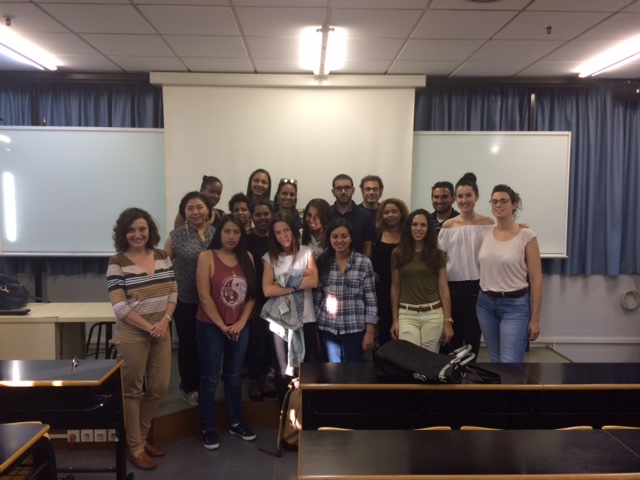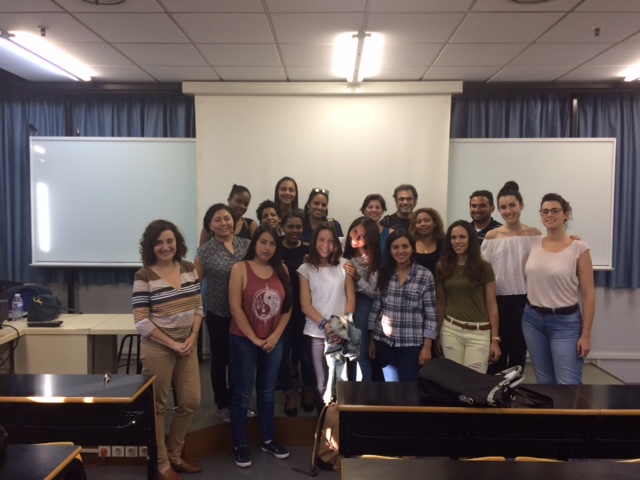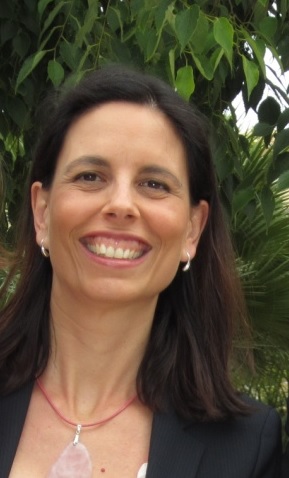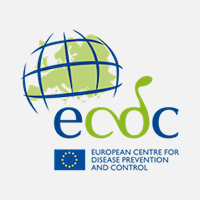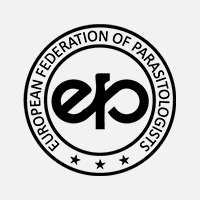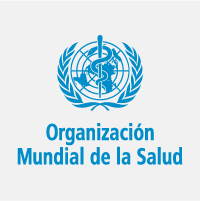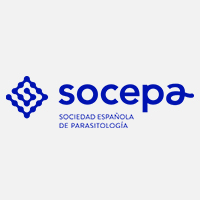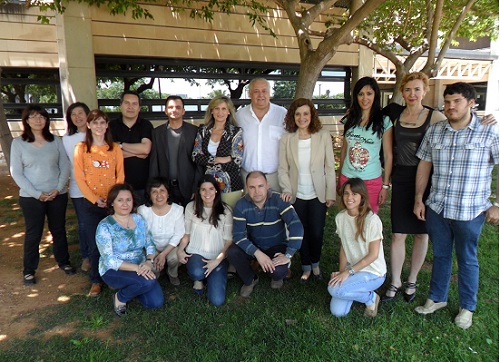
The central headquarters of the Food and Agriculture Organization (FAO) of the United Nations have designated the Sanitary Parasitology Unit of the Universitat de València as an international Reference Centre for parasitic zoonotic diseases. These are animal diseases that are communicable to humans, such as leishmaniasis, Chagas disease, some types of schistosomiasis, fascioliasis or filariasis, among others.
24 june 2016
The UV‘s Unit and the INIA National Institute’s Animal Health Research Centre in Madrid are the sole Spanish entities that have been given this honour. This distinction has been conferred on only 50 entities worldwide. The Sanitary Parasitology Unit was designated as a FAO Reference Centre due to the UV’s multidisciplinary team to carry out the study and fight against these diseases. The Valencian centre’s field experience, gained through decades of in situ work in endemic zones of developing countries, was especially valued by FAO.
The increasing significance of these diseases, which are numerous and often highly pathogenic, is due to their emergences and epidemics, resulting from the impact of climate and global changes. This is particularly true for vector-borne diseases, such as leishmaniasis, sleeping sickness, Chagas disease, some types of schistosomiasis, fascioliasis or filariasis. The vectors are mainly parasites, such as mosquitoes, bedbugs or ticks. Emergent virosis like dengue fever, chikungunya or zika are also zoonoses transmitted by parasites (the Aedes mosquitoes).
The multidisciplinary team of the Sanitary Parasitology Unit of the Universitat de València is constituted by three research groups: the Epidemiology and Control group, directed by Santiago Mas‑Coma, the Molecular Biology of Parasites and Vectors group, led by María Dolores Bargues, and the Phenotyping and Immunopathology group, led by María Adela Valero.
When granting the designation, the FAO’s central headquarters in Rome considered the extensive experience of the Sanitary Parasitology Unit in international health cooperation, which includes joint initiatives with the World Health Organization’s (WHO) central headquarters in Geneva and the International Atomic Energy Agency’s (IAEA) central headquarters in Vienna. The research group has also participated in different projects in Latin America, Asia and Africa. At the same time, FAO has also considered the group’s multiple contributions through publications about aspects of animal health in international journals.
Currently, the Sanitary Parasitology Unit is participating in a COST Action European project (Brussels) on foodborne parasitic diseases in Europe and in a UNESCO (Paris Central Headquarters) global project on waterborne infectious diseases, coordinated from the United States.
The acknowledgement bestowed by the United Nations is also due to the scientific and technological training labour that many young Spanish and foreign scientists have recently received in Valencia, thanks to grants funded by international organisations.
The FAO/UN Reference Centres
One of the FAO‘s global missions is to provide technical and field support to UN countries in preventing or controlling the main diseases affecting livestock, poultry and wildlife. Santiago Mas‑Coma suggests that “FAO can fulfil its objective to better promote and safeguard animal health by collaborating with experienced academic and research institutions and laboratories that specialise in veterinarian diagnosis, vaccines, research, biocontainment, epidemiology and wildlife health.”
The FAO Reference Centres are considered international centres of excellence in the supply of technical and scientific expertise, diagnosis services, field and laboratory training and in the coordination of research and development studies, as well as in the contribution to United Nations projects. They provide assistance and expertise to help prevent and detect transboundary animal diseases, including zoonoses, and to minimise the risks associated with their management. They also contribute to the comprehension and analysis of emergency, maintenance and expansion factors of the diseases, while supporting safer animal production as part of economical development, food safety and efforts towards reducing poverty.







